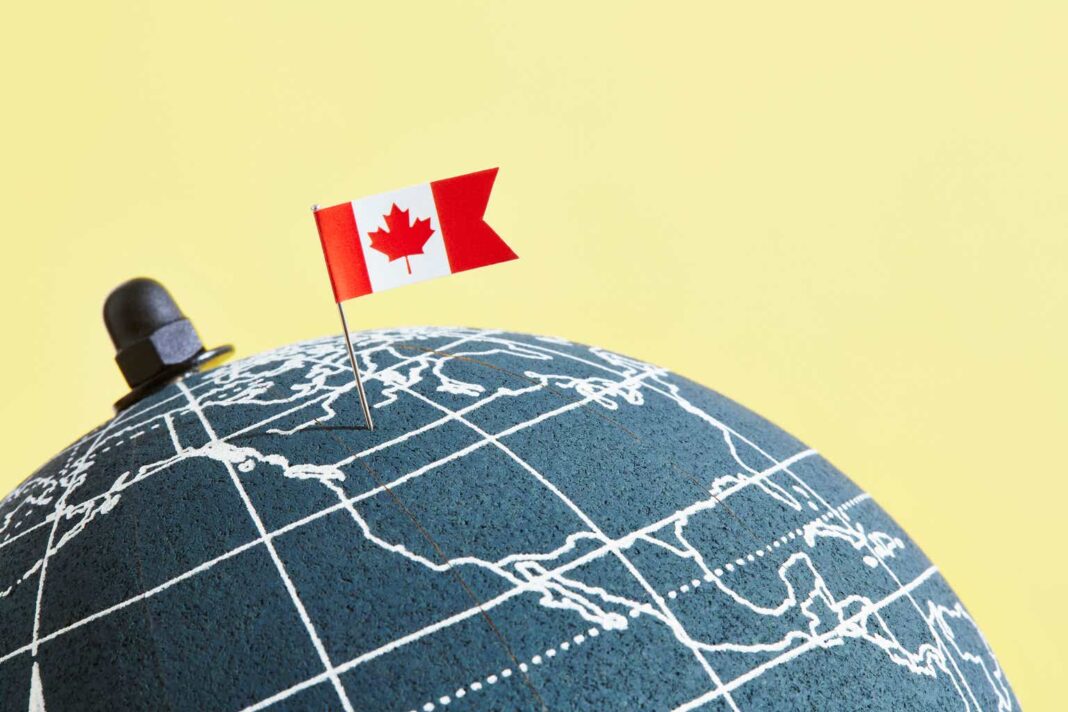Canada’s Financial Hell Paved With Good Intentions
Canada is often praised for its high quality of life, social welfare programs, and relatively stable economy. However, beneath the surface, there lies a financial hell that is paved with good intentions. Despite the country’s wealth and resources, many Canadians struggle to make ends meet due to a combination of factors such as rising living costs, stagnant wages, and increasing debt levels.
The Rising Cost of Living
One of the major contributors to Canada’s financial woes is the rising cost of living. Expenses such as housing, healthcare, education, and food have all been on the rise in recent years, outpacing the growth of average incomes. This has led to a situation where many Canadians are struggling to afford basic necessities, let alone save for the future.
Impact on Families
Families, in particular, have been hit hard by the rising cost of living. With childcare expenses, housing costs, and other financial commitments, many parents find themselves living paycheck to paycheck, with little to no savings for emergencies or retirement. This has put a significant strain on family relationships and has led to increased stress and anxiety among Canadians.
Stagnant Wages
Another factor contributing to Canada’s financial struggles is stagnant wages. Despite the country’s overall economic growth, many workers have not seen a corresponding increase in their paychecks. This has made it difficult for Canadians to keep up with the rising cost of living and has forced many to rely on credit cards and loans to make ends meet.
Impact on Millennials
Milennials, in particular, have been hard hit by stagnant wages. With high levels of student debt and limited job opportunities, many young Canadians are finding it difficult to achieve financial stability. This has led to a generation of Canadians who are delaying major life milestones such as buying a home, getting married, or starting a family.
Increasing Debt Levels
One of the most alarming trends in Canada’s financial landscape is the increasing levels of debt. Canadians now owe more than $2 trillion in consumer debt, including credit card debt, mortgages, and personal loans. This has made it difficult for many Canadians to save for the future and has left them vulnerable to economic downturns and rising interest rates.
Debt Trap
Many Canadians find themselves caught in a debt trap, where they are unable to make more than the minimum payments on their debts and are constantly accruing interest charges. This can lead to a cycle of debt that is difficult to break free from and can have long-lasting consequences on an individual’s financial well-being.
Conclusion
Canada’s financial hell is paved with good intentions, as the country’s wealth and resources have not translated into financial stability for many Canadians. The rising cost of living, stagnant wages, and increasing debt levels have created a perfect storm that is pushing many Canadians to the brink of financial ruin. It is imperative that policymakers and individuals alike take action to address these issues and work towards a more financially secure future for all Canadians.
FAQs
Q: What can Canadians do to improve their financial situation?
A: Canadians can start by creating a budget, cutting unnecessary expenses, and increasing their savings. It is also important to educate oneself about personal finance and make informed decisions about spending and investing.
Q: What are some government initiatives to help Canadians with their finances?
A: The Canadian government offers a variety of programs and services to help Canadians improve their financial situation, such as tax credits, benefits for families, and financial literacy programs. It is important to take advantage of these resources to improve one’s financial well-being.
Q: How can Canadians avoid falling into the debt trap?
A: Canadians can avoid falling into the debt trap by living within their means, paying off debt as quickly as possible, and avoiding high-interest loans and credit cards. It is also important to seek help from a financial advisor or counselor if one is struggling with debt.




